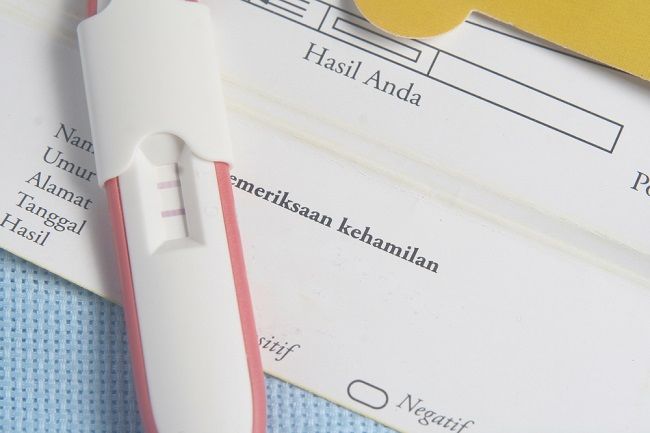Hormone injection is one method of therapy for medical conditions which requires additional hormones. This treatment is done by injectingkanhormone artificial or synthetic hormonesinto the body.
Hormones are important chemicals that regulate basic body functions, including growth and development, metabolism, reproductive and sexual function, the digestive system, and even mood.

In the treatment of certain diseases, hormone injections can be used as a solution to overcome the symptoms of the disorder caused. This therapy is often used to treat hormonal disorders. There are different types of hormone injection therapy used. Each type has its own use, both in medicine and in the work of the organs of the body.
Testosterone Hormone Injection
Testosterone injections are generally used to treat medical conditions related to a lack of the hormone testosterone in men. Some of the symptoms that indicate the possibility of a man experiencing a testosterone deficiency, such as:
- Reduced sex drive.
- Erectile dysfunction.
- Low sperm count.
- Psychological problems such as difficulty concentrating, depression and anxiety,
- Hot flashes, which is feeling hot accompanied by redness and sweating of the skin.
- Weight gain.
- Changes in the size of the penis and testes.
- Male breast swelling (gynecomastia).
Testosterone injections are generally not recommended for women because the long-term effects of their use are not known for certain. However, this therapy is sometimes used to relieve menopausal symptoms, such as decreased sex drive, changes in sex drive mood and fatigue. This may be allowed by the doctor, if the patient has previously undergone estrogen therapy but did not work.
Estrogen Hormone Injection
Estrogen injections generally aim to overcome problems caused by insufficient production of the female hormone estrogen in a woman's body. Some medical conditions or diseases that can be treated with estrogen hormone injections are:
- Menopausal symptoms, such as: hot flashes, insomnia, excessive sweating, and vaginal dryness.
- Vulvar atrophy, which can cause vaginal dryness and pain and urinary incontinence.
- Atrophic vaginitis, which is inflammation of the vagina which is often caused by vaginal dryness and irritation.
- Prostate cancer.
- The body naturally does not produce enough estrogen, for example due to abnormalities in the ovaries (ovarian).
- Osteoporosis after
Estrogen injections are known to increase the risk of blood clots causing strokes and heart attacks. In addition, estrogen can also increase the risk of ovarian cancer and breast cancer. Given the side effects and risks that are not small, the administration of estrogen hormone injections must go through a doctor's consideration and evaluation.
Progesterone Hormone Injection
Both men and women both produce the hormone progesterone. In women, this hormone has a very important role during pregnancy, namely strengthening the uterine wall, helping the growth of breast tissue, and ensuring the body does not produce milk until the baby is born.
Usually, progesterone injections are given to pregnant women who are prone to miscarriage, women who have had miscarriages, and pregnant women who are at risk of giving birth to premature babies. Progesterone injections are generally given when the pregnancy is 16-24 weeks old.
However, there is no strong evidence that progesterone can completely prevent miscarriage, especially in women who have had multiple miscarriages.
Insulin Hormone Injection
Insulin is a natural hormone that allows the body to convert glucose into energy. Insulin plays an important role in helping control blood sugar (glucose) levels in the body. However, if the insulin production in the body is inadequate or the body cannot use insulin properly, then insulin injections can be a solution.
Generally, insulin injections are intended for people with diabetes, both type 1 diabetes and type 2 diabetes. In people with type 1 diabetes, insulin therapy must be carried out for life. In type 2 diabetes, insulin is often used in combination with antidiabetic drugs and a diabetes-specific diet to control blood sugar levels.
Before deciding to do hormone injection therapy, you need to consult with your doctor first to get complete information about the use, procedure, dosage, and side effects that may be caused.









